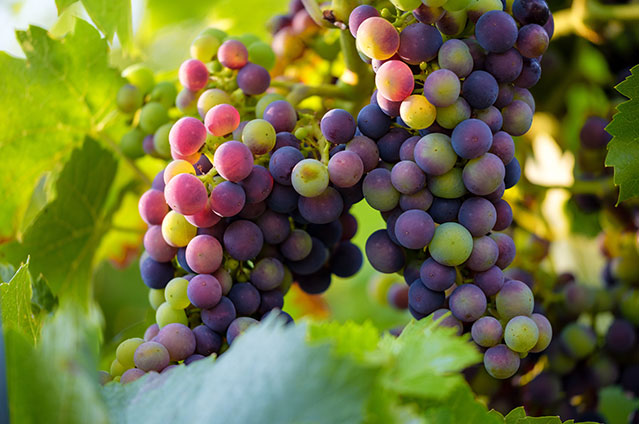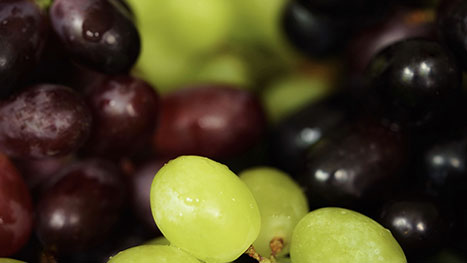
In Tunisia, grape cultivation is widespread, especially in the northern and central regions, with significant production in the governorates of Béja, Jendouba, and Sfax.
The favorable Mediterranean climate, characterized by hot, dry summers and mild, wet winters, is ideal for grape growing. The production potential is substantial, with yields ranging from 10 to 15 tons per hectare under optimal conditions.
Tunisian grapes are highly regarded for their quality, particularly table grapes and those used for wine production. Additionally, the increasing demand for Tunisian grapes in international markets presents significant opportunities for local producers.

Nutritional Benefits of Grapes
Grapes are nutritious, being a rich source of vitamins C and K, and contain beneficial antioxidants such as flavonoids and resveratrol. They are also a good source of dietary fiber, which supports digestive health. With their low-calorie content and hydrating properties, grapes make a healthy snack option and can contribute to a balanced diet.



